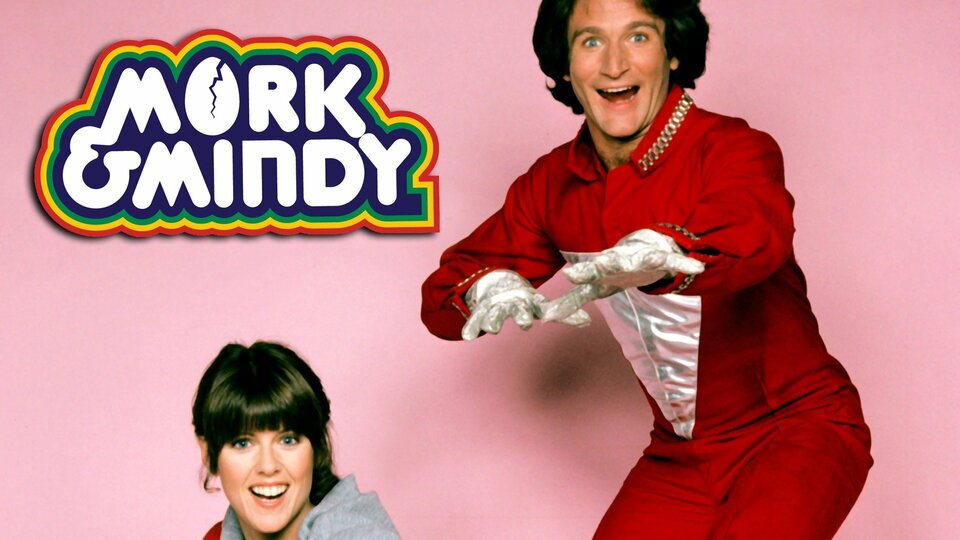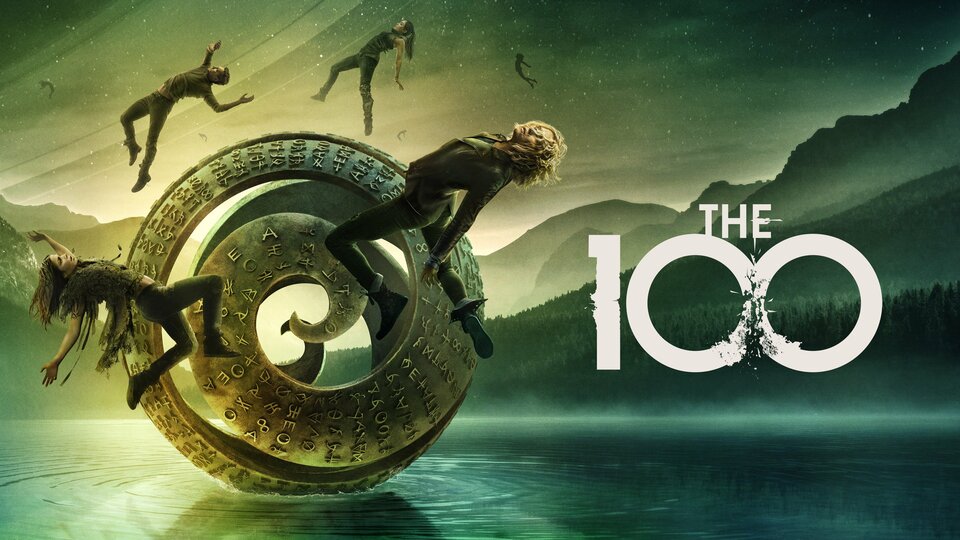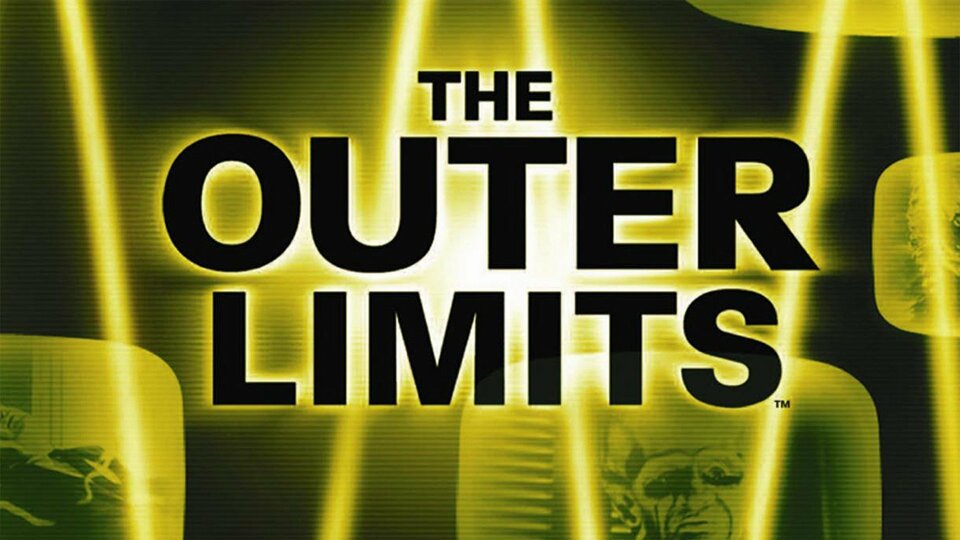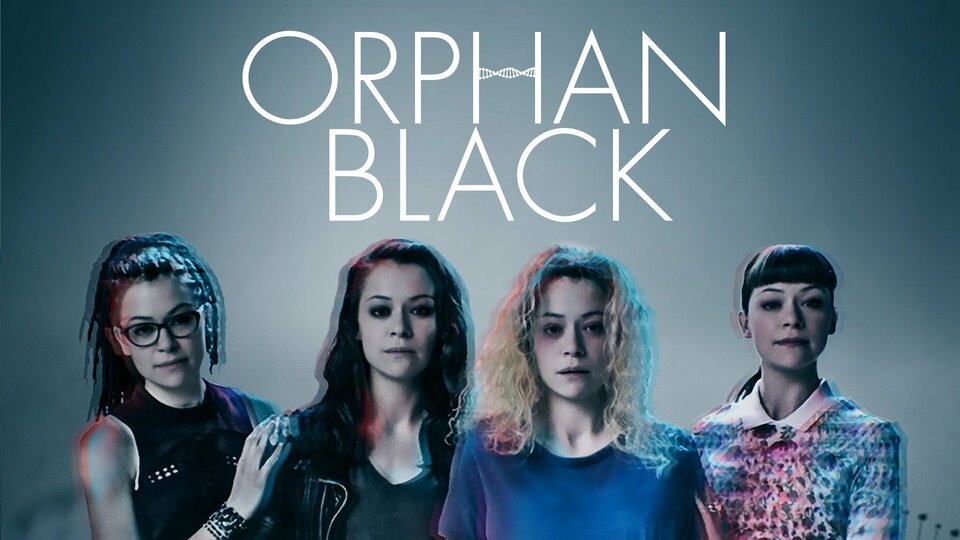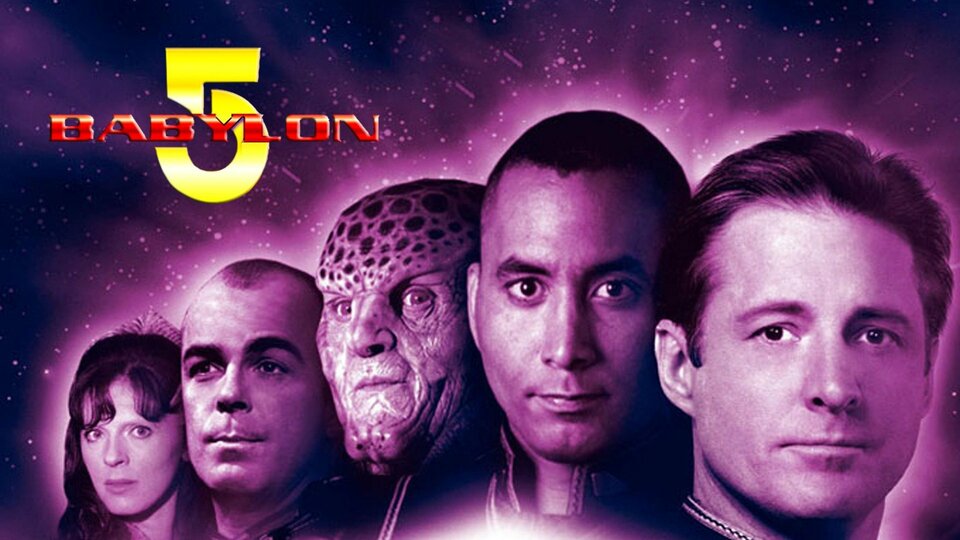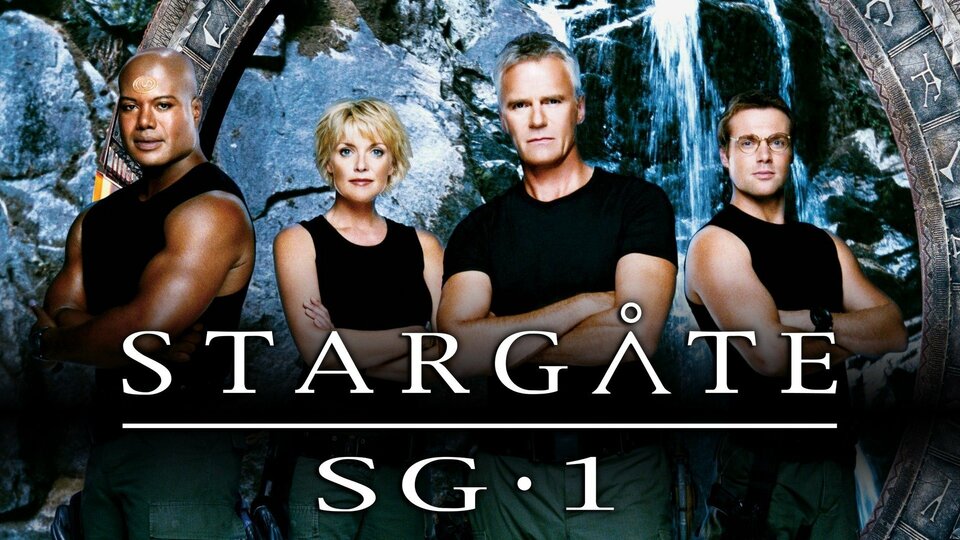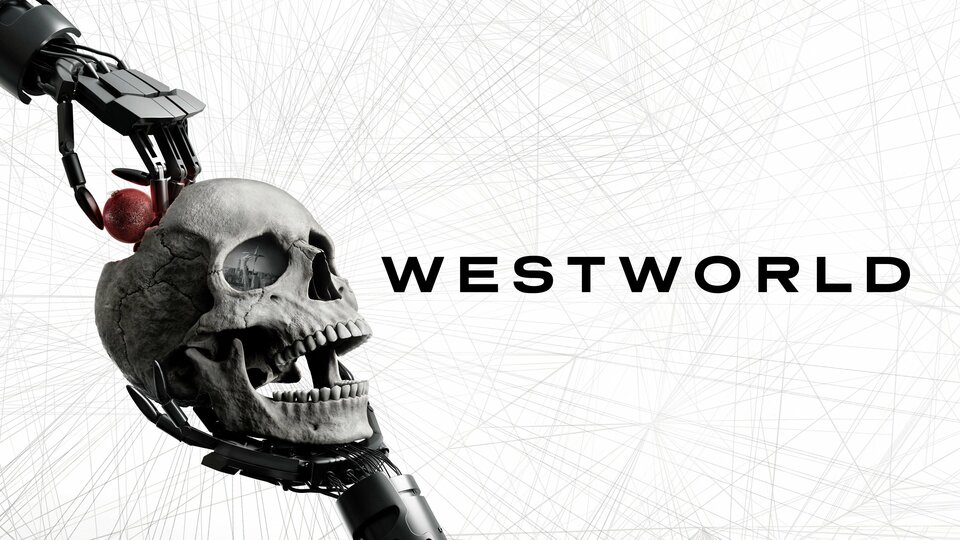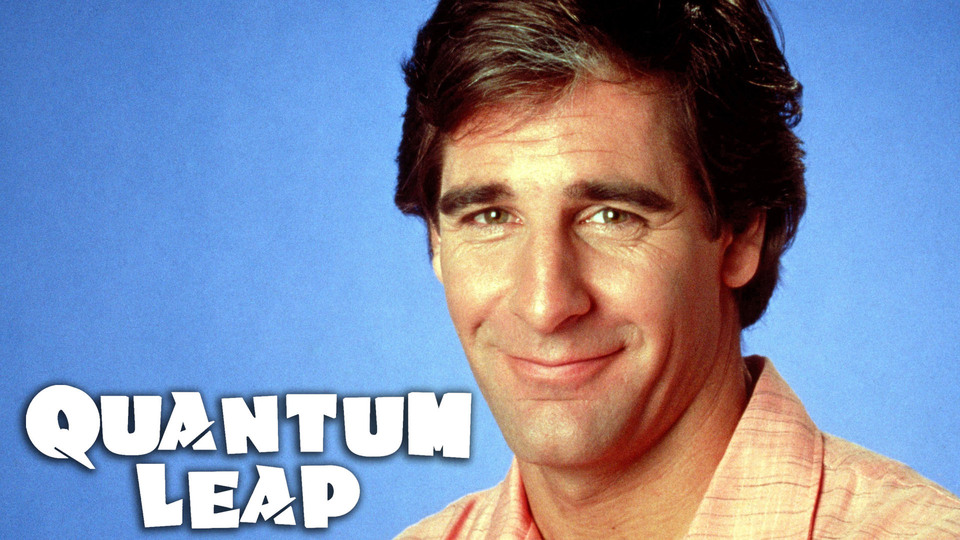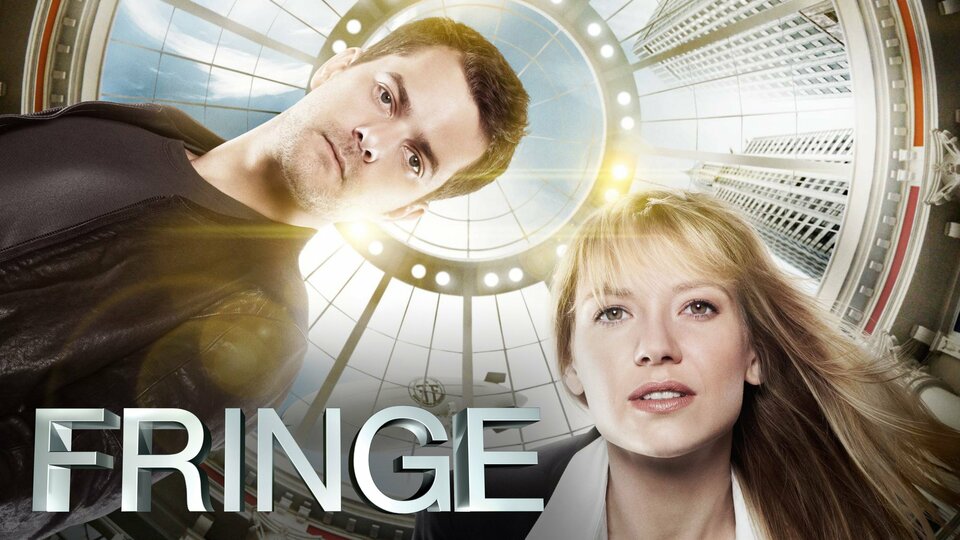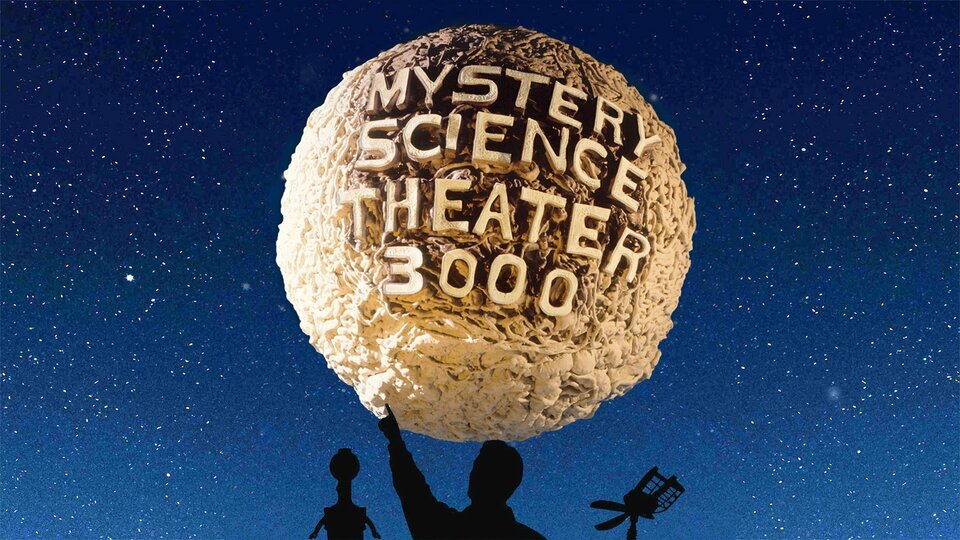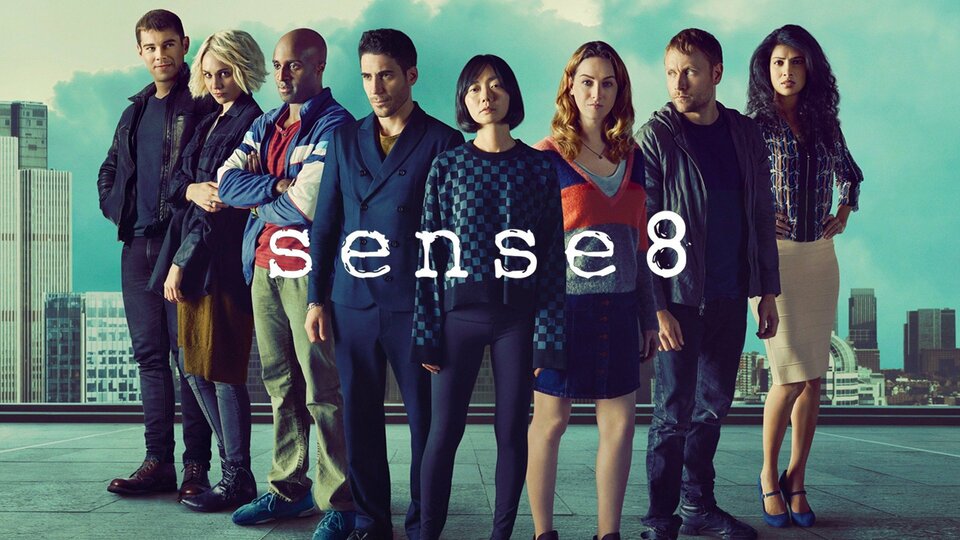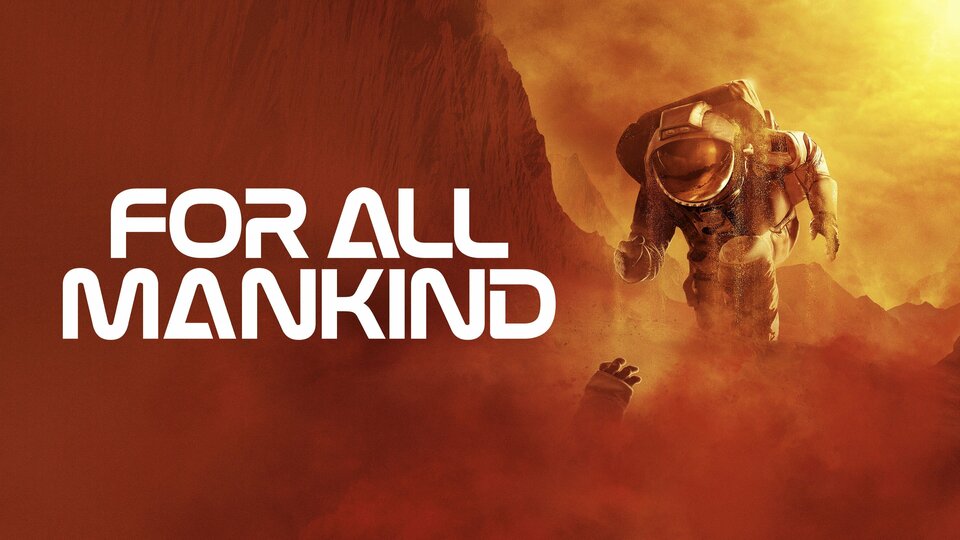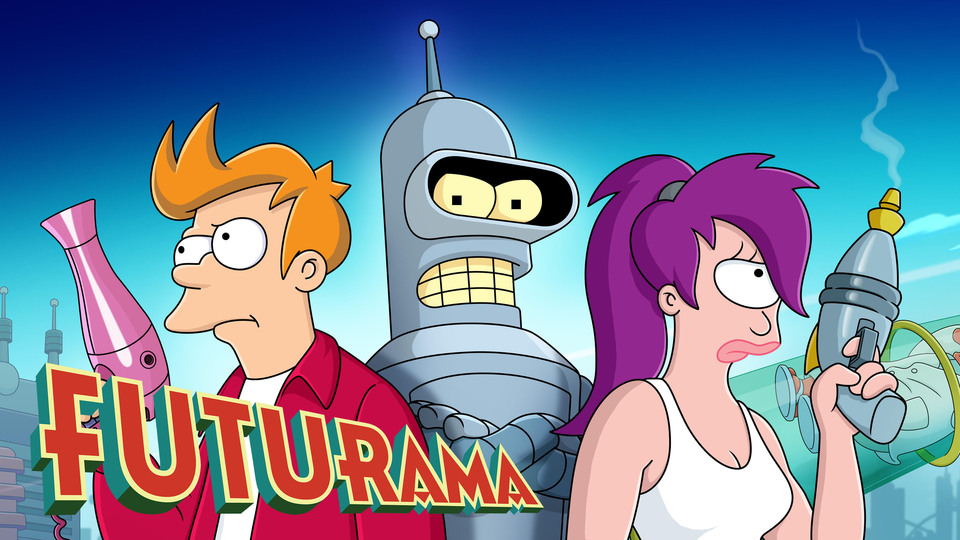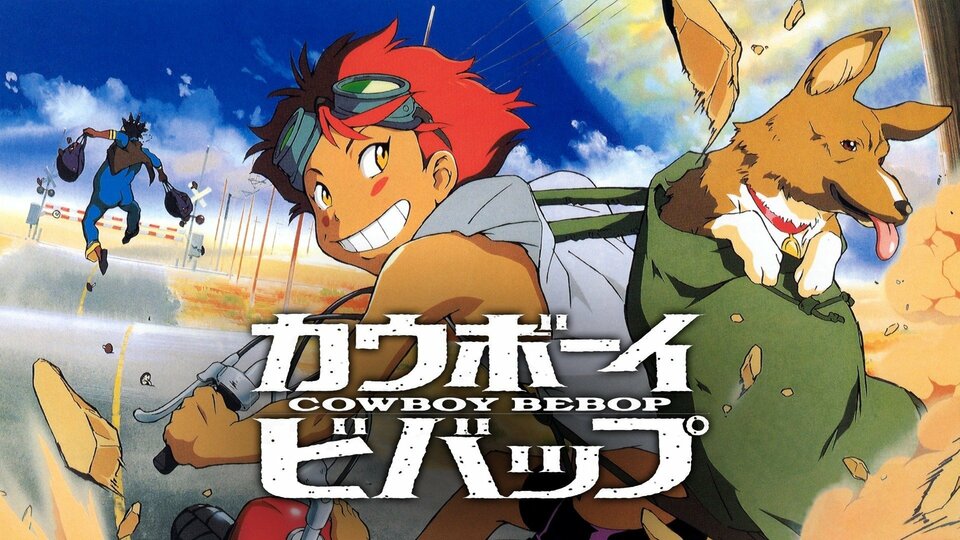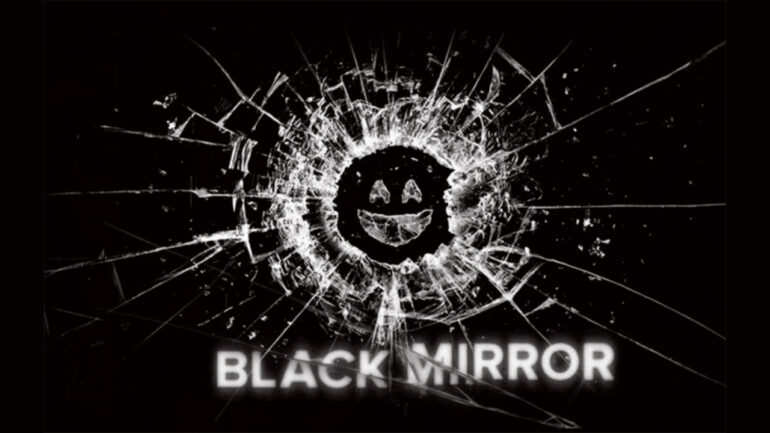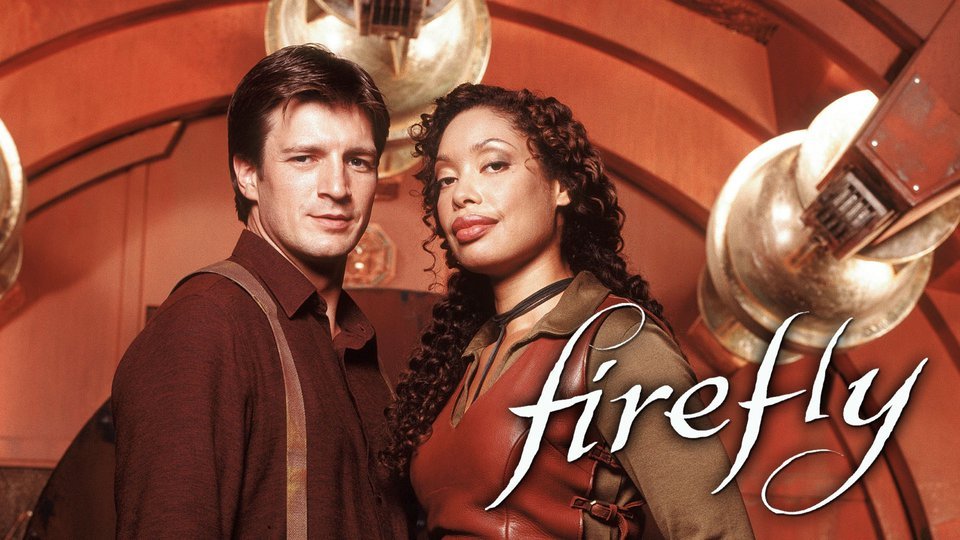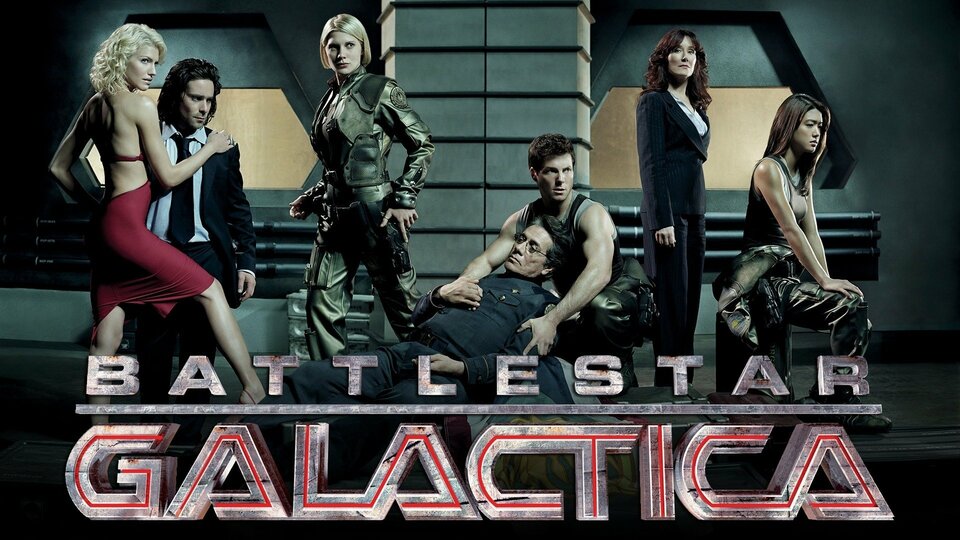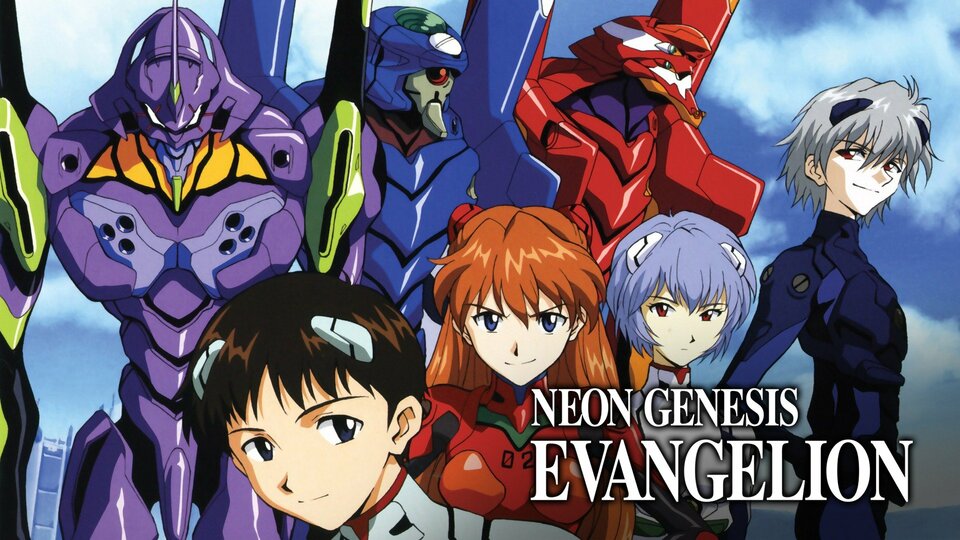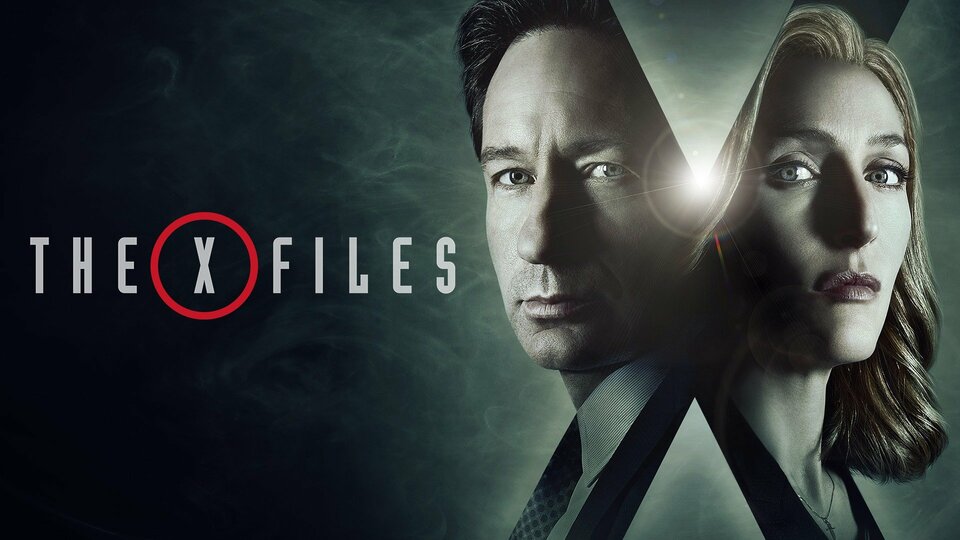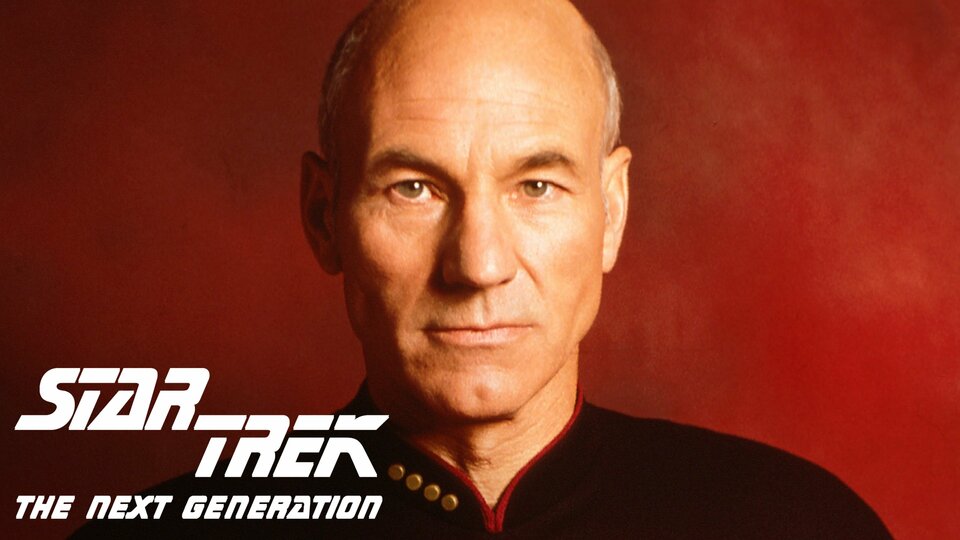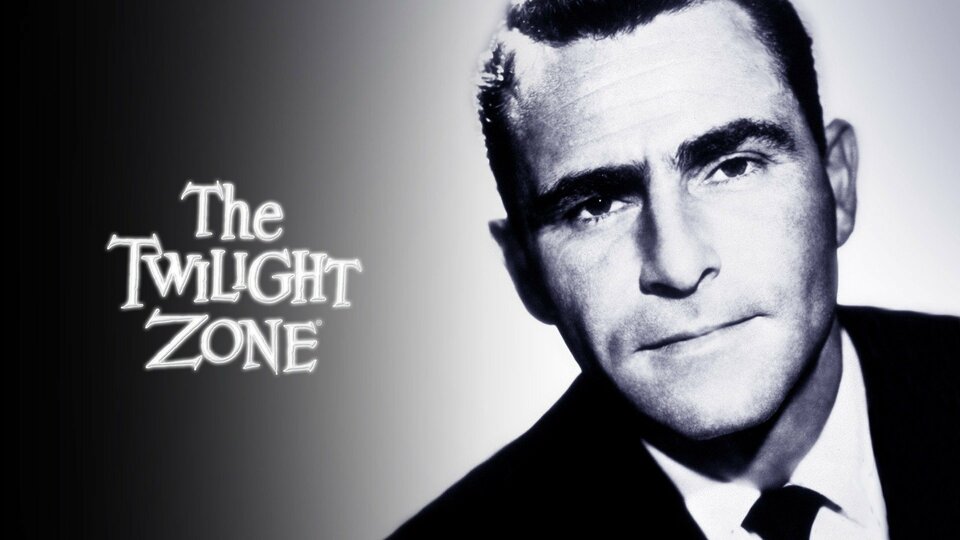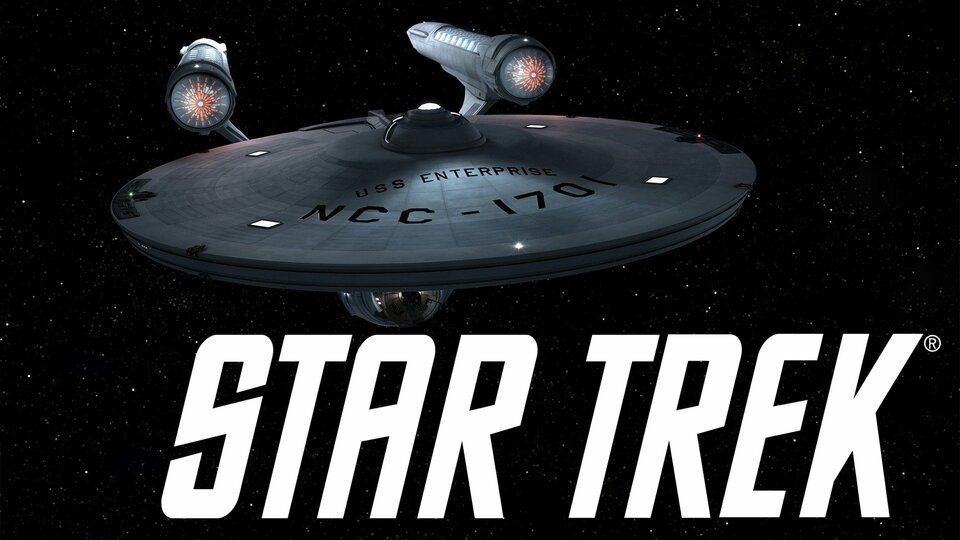The 25 Best Sci-Fi Shows Ever, Ranked
The realm of science fiction television is boundless, from the timeless twists of The Twilight Zone, interstellar adventures in Star Trek, and time-traveling tales of Doctor Who throughout the decades. These shows have captivated audiences with their imaginative storytelling, groundbreaking concepts, and longstanding legacies, laying the foundation of the sci-fi titles we see today.
Trek with us to galaxies far, far away, as we explore the 25 best sci-fi shows of all time.
Mork & Mindy
Were it not for Mork & Mindy, the world might have never known the comedic genius of the late Robin Williams. The two-time Emmy winner became a household name on the 1978 ABC sitcom, a spinoff of Happy Days, as he played alien visitor Mork opposite Pam Dawber as his friend and love interest Mindy.
The 100
Based on Kass Morgan’s YA novel, the series begins by following juvenile delinquents (Eliza Taylor, Bob Morley, Marie Avgeropoulos, Richard Harmon, and others) sent back down to Earth after living in space following a nuclear apocalypse. But things get complicated when it comes to them interacting with the survivors on the planet — and that’s just the beginning.
The Outer Limits
“There is nothing wrong with your television set” declares an anthology series that blends science fiction, horror, and fantasy to explore the eerie and thought-provoking consequences of humanity’s encounters with the unknown and supernatural.
Orphan Black
The series follows Sarah Manning, a streetwise con artist who discovers she is one of many identical clones. As she delves deeper into the conspiracy behind their creation, she uncovers a web of intrigue, danger, and moral ambiguity. With standout performances by Tatiana Maslany, who flawlessly portrays multiple distinct characters, the series explores themes of identity, autonomy, and the ethics of biotechnology, keeping viewers on the edge of their seats with its intricate plot twists and compelling storytelling.
Babylon 5
Babylon 5 is a groundbreaking space opera series that revolutionized television sci-fi with its epic scope and intricate storytelling. Set aboard the titular space station, it explores the delicate balance of power among various alien races and human factions in the midst of interstellar conflict and diplomacy. With its rich mythology, complex characters, and thought-provoking themes of politics, religion, and the nature of existence, Babylon 5 captivates audiences with its ambitious story spanning five seasons.
Stargate SG-1
Stargate SG-1‘s remarkable success paved the way for seven spin-off TV series and movies. Beloved for its expansive universe intertwined with realistic elements, the series revolves around an ancient Egyptian artifact, the Stargate, which unlocks wormholes to other gates across the universe. As a military team safeguards and operates the Stargate, they confront threats from both their own government and extraterrestrial beings. Featuring thrilling action sequences, the show is a delightful blend of fun and adventure, highlighted by the endearing humor and chemistry shared among its characters.
Westworld
Inspired by the 1973 sci-fi flick of the same name, Jonathan Nolan and Lisa Joy created this highly stylized, dystopian series that became an instant hit for HBO. An outstanding cast, including Anthony Hopkins, Jeffrey Wright, Evan Rachel Wood, Thandie Newton, and Ed Harris, brought to life a futuristic theme park where humans can play out their Wild West fantasies with robotic hosts. After four seasons, Westworld continues to keep viewers navigating a complex, dizzying maze of narratives about AI’s potential consequences for humanity.
Stranger Things
Stranger Things was a nostalgic trip down 80s coming-of-age films like E.T. Extra-Terrestrial and The Goonies, all wrapped in a tinge of Ghostbusters. Now, it’s taken on a life of its own, with an impact as big as all three of those films put together. The Duffer Brothers’ show has now evolved from a project that pays homage to its influences to one that uses those influences to tell its own story. It made stars out of each and every child actor (now young adults) and influenced an entire generation of kids who have aged alongside the characters. The Upside Down, Demogorgons, and Hawkins, Indiana are household terms. And Winona Ryder, as well as Kate Bush, got their second wind, thanks in part to the series.
Quantum Leap
Quantum Leap is a beloved science fiction series that follows Dr. Sam Beckett (Scott Bakula), a physicist who becomes trapped in a time-travel experiment, leaping into the bodies of people throughout history. Guided by his holographic friend, Al, Sam must “put right what once went wrong” by altering the past for a better future. Each episode offers a unique journey through different time periods and explores themes of redemption, compassion, and the interconnectedness of human experience. With its blend of drama, humor, and heartfelt storytelling, Quantum Leap continues to resonate with audiences, leaving a lasting legacy in the realm of television sci-fi.
Fringe
For those intrigued by narratives weaving through timelines and alternate universes, evoking the spirit of the classic X-Files, Fringe offers an enticing option. Spanning five seasons, the series delivers standalone episodes alongside intricate mythology arcs, interspersed with family dynamics, heartfelt moments, and a blend of procedural and sci-fi elements within weekly cases. The series tracks an FBI unit led by agent Olivia Dunham (Anna Torv), probing enigmatic phenomena at the intersection of science and the supernatural; assisted by scientist Walter Bishop and his son Peter.
Mystery Science Theater 3000
Under the coercion of nefarious scientists, a host, alongside a group of captive robots, endure the torment of watching subpar “B” movies until their sanity teeters on the brink. Their survival tactic? Providing humorous commentary on the films. Much like resilient B-movie monsters, Mystery Science Theater 3000 refuses to fade into oblivion, much to the delight of its dedicated fanbase. From its origins on local TV to stints on Comedy Central, the Sci-Fi Channel (prior to its rebranding as Syfy), Netflix, and Gizmoplex., the franchise persists in entertaining audiences across various platforms.
Sense8
Sense8 stood out as one of Netflix’s most unconventional and daring productions. Created by Lana and Lilly Wachowski, the series revolves around eight individuals who share a profound psychic connection. This unique bond is visually depicted through the portrayal of their shared experiences, including multiple instances of group intimacy. Whenever one member of the group engages in sexual activity, the sensation is shared by all eight, leading to a series of electrifying, diverse, and visually stunning scenes throughout the show. It’s a captivating blend of sensuality and science fiction that offers a truly distinctive viewing experience.
For All Mankind
What would happen if we never stopped the space race? What would the world look like? That’s what For All Mankind explores in its current four-season narrative as we transition from the 1960s all the way to 2003, showcasing the headlines, technological advancements, and new world ethics that crop out as a result. The series stars Krys Marshall, Cynthy Wu, Wrenn Schmidt, Joel Kinnaman, Edi Gathegi, and Coral Peña. Toby Kebbell, Tyner Rushing, and Daniel Stern as new series regulars.
Futurama
Futurama is back (again) and on Hulu for the first time after its humble beginnings on Fox, its direct-to-video revival, and its stint on Comedy Central in 2010; the show returned, but now on a streaming service. Futurama has once again found its leg and delivered one of its most profound seasons yet, tackling subjects of the binge method, as well as the revival route most properties, such as itself, have taken in recent years. It’s an animated series that’s well regarded and still going strong even after all the decades, which is more than we can say about its contemporaries.
Cowboy Bebop
Shinichirō Watanabe’s Cowboy Bebop is hailed as one of the greatest animated series ever, achieving critical and commercial success worldwide, especially in the United States. It won numerous anime and sci-fi awards for its exceptional style, characters, story, voice acting, animation, and soundtrack. The English dub, considered one of the best, played a vital role in introducing anime to a new Western audience in the early 2000s, making Cowboy Bebop a gateway series for anime enthusiasts. The ultimate anime space western, the series is set in the year 2071 and follows the lives of Spike and his traveling bounty-hunting crew aboard the titular spaceship, the Bebop.
Black Mirror
Before the recent media buzz about A.I., there was Netflix’s anthology series, Black Mirror, which highlights how technology becomes terrifying when misused by humans. The show’s compelling nature stems from its talented cast and realistic portrayal of technology. Its storylines tap into relatable present-day fears, focusing not only on death or violence but also on societal and economic anxieties. The fear of imagining possible events is as unsettling as their actual occurrence, leading to irrational or rational fears that linger with viewers, making Black Mirror a chilling watch.
Firefly
In 2002, Joss Whedon had three TV shows running simultaneously: Buffy the Vampire Slayer, Angel, and Firefly. While Firefly was different from the others—it was sci-fi, not supernatural, aired on Fox instead of The WB, and lasted less than a season—it gained a dedicated following. Despite Fox airing only 11 out of 14 episodes and in the wrong order, Firefly persisted in reruns, DVD releases, podcasts, and even a movie sequel, Serenity.
Rick and Morty
On December 2, 2013, Adult Swim made an impact in adult animation with the premiere of Rick and Morty. The show had a slow start for a couple of seasons, but word of mouth and online discussions about its clever writing gradually garnered an audience. And by the time Season 3 premiered, its popularity had exploded, becoming the adult animated face of a generation. Not only were they crushing it on Adult Swim, but the show was getting fast food deals, showed up on countless products, presented for the Emmys, cameoed in movies, and setting a precedent for a slew of science fiction projects that currently permeates pop culture.
Battlestar Galactica
Much to the dismay of at least one actor from the original Battlestar Galactica, Starbuck and Boomer were both women in Syfy’s 2004 miniseries and 2005 series continuation. And the new Starbuck (Katee Sackhoff) and Boomer (Grace Park) happened to be two of the most compelling, complex characters in the updated version, a magnum opus showing humanity at its least humane in a war against A.I. it had created. So say we all.
The Mandalorian
The Mandalorian‘s undeniable success has reached even casual viewers like your mom, who probably knows who Baby Yoda is. Dave Filoni and Jon Favreau‘s innovative blend of Western themes with Star Wars, focusing on Mandalorian culture, has reshaped the franchise. After the fall of the Galactic Empire, the series follows a lone gunfighter who makes his way through the lawless galaxy. This shift has opened doors for stories beyond lightsabers, the Skywalker family, and the Force, marking a new era for Star Wars.
Neon Genesis Evangelion
Neon Genesis Evangelion is an artistic masterpiece that is very much a product of its time, as it represents the introspective nature of the generation, all the while masquerading as a typical mecha anime. On the surface, the story follows three teen mech pilots tasked by the government to destroy Angels, intergalactic beings responsible for causing a catastrophic apocalypse on Earth 15 years prior. But underneath that, it is an examination of psychosis, mental health, and the human condition, as everyone comes to terms with themselves amongst constant, world-ending threats that only they can stop. With heavy themes of Christianity and extreme Extensionalism, it is a story that stays with you.
The X-Files
“I want to believe.” This iconic line is ingrained in the minds of many, even if they haven’t watched the sci-fi series following FBI agents Mulder (portrayed by David Duchovny) and Scully (played by Gillian Anderson) as they delve into the mysteries of the unexplained, including aliens and monsters. Yet, some of these cases were so horrifying that we’d rather dismiss them as mere fiction. For instance, the episode “Home,” which delved into themes of incest and infanticide, was famously banned from airing for three years and carried a TV-MA rating. These episodes linger in our memories long after viewing, a testament to their lasting impact.
Star Trek: The Next Generation
The Star Trek spinoff is so good that many regard it as better than the genre-defining original, and it’s not hard to see why. Taking place nearly a century after Captain Kirk’s renowned 5-year expedition, a fresh cohort of Starfleet officers, including Captain Jean-Luc Picard (Patrick Stewart), embarks aboard the U.S.S. Enterprise-D, venturing forth on a unique mission to explore uncharted realms, echoing the timeless mantra of boldly going where no one has ventured before.
The Twilight Zone
Rod Serling’s The Twilight Zone is a masterpiece that tried to offer just as many scares as cautionary tales. Topics ranged from supernatural situations or simply yearning to return home to the folly of war and the consequences of being an unscrupulous character. One thing all the episodes had in common was they all remained entertaining while imparting wisdom. Its impact is unmatched in terms of pop culture, with tales that remain staples in the entertainment world to this day. And despite being a black-and-white series, few youngsters circle back to, so much of the series is packed into their pop culture lexicon they don’t even know it.
Star Trek
The opening monologue and performances of its actors became iconic, influencing countless sci-fi series, including Star Wars, upon its arrival. Gene Roddenberry‘s show remains a cornerstone of the sci-fi genre, with Captain Kirk (William Shatner) and Mr. Spock (Leonard Nimoy) becoming enduring icons as they trekked the perils of space with their crew aboard the U.S.S. Enterprise. Its memorable aliens and enemies continue to entertain, and its themes of exploration and optimism stand the test of time.

